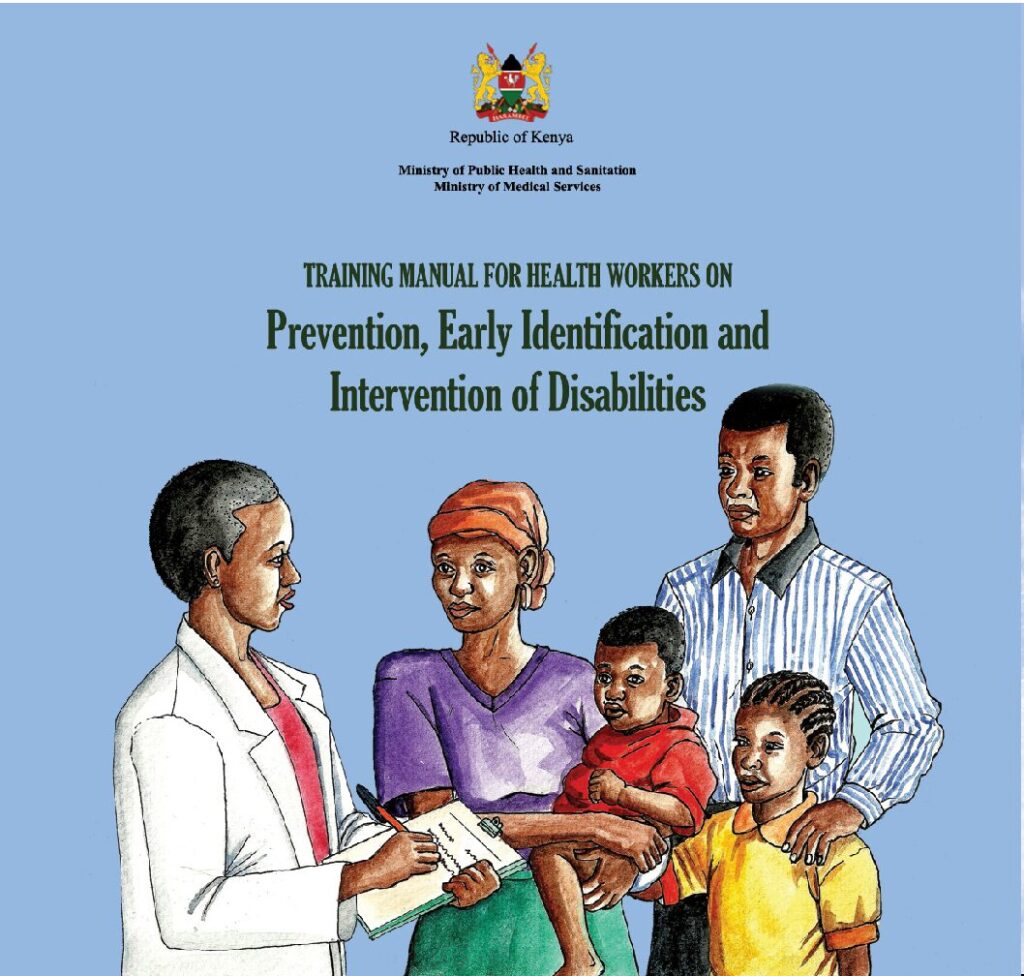Neurodiversity refers to the natural variations in the human brain and nervous system, including differences in cognitive abilities, sensory processing, and social communication. These differences can result in conditions such as autism spectrum disorder, ADHD, dyslexia, and other developmental and learning disabilities.
When it comes to neurodiversity and health, it is important to recognize that individuals with neurodiverse conditions may have unique healthcare needs and challenges. For example, individuals with sensory processing differences may require accommodations in healthcare settings to minimize sensory overload and discomfort.
Additionally, individuals with neurodiverse conditions may be at higher risk for certain health conditions, such as anxiety, depression, and sleep disorders. Healthcare providers should be aware of these risks and be prepared to screen and provide appropriate interventions for these conditions.
It is also important to recognize that the stigma and discrimination that individuals with neurodiverse conditions often face can have negative impacts on their mental and physical health. Addressing these social and environmental factors is crucial for promoting the health and wellbeing of neurodiverse individuals.
Overall, promoting neurodiversity and recognizing the unique needs and strengths of individuals with neurodiverse conditions is important for promoting health and reducing health disparities in this population.
General Tips for Providing Healthcare for Persons with Neurodevelopmental Disabilities
Each person with a neurodevelopmental disability has their own unique strengths, challenges, and healthcare needs. Work with the individual and their caregivers to develop an individualized care plan that takes into account their specific needs and preferences.
Many individuals with neurodevelopmental disabilities may have difficulty understanding complex medical terminology. Use clear and simple language to communicate health information and instructions.
Visual aids, such as pictures, diagrams, and videos, can help individuals with neurodevelopmental disabilities better understand healthcare information. Other supports, such as social stories or sensory tools, may also be helpful in reducing anxiety and promoting comfort.
Individuals with neurodevelopmental disabilities may require more time and support during healthcare visits. Be patient and understanding, and allow for breaks or other accommodations as needed.
Involve the individual and their caregivers in decision-making: Whenever possible, involve the individual with the neurodevelopmental disability and their caregivers in decision-making about their healthcare. This can help ensure that care is aligned with their preferences and values.
Persons with neurodevelopmental disabilities may be at higher risk for certain co-occurring health conditions, such as anxiety, depression, and sleep disorders. Screen for these conditions and provide appropriate interventions as needed.
The stigma and discrimination that persons with neurodevelopmental disabilities often face can have negative impacts on their mental and physical health. Addressing these social and environmental factors is crucial for promoting the health and wellbeing of persons with neurodevelopmental disabilities.

